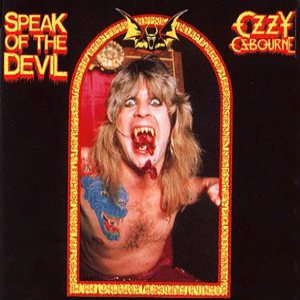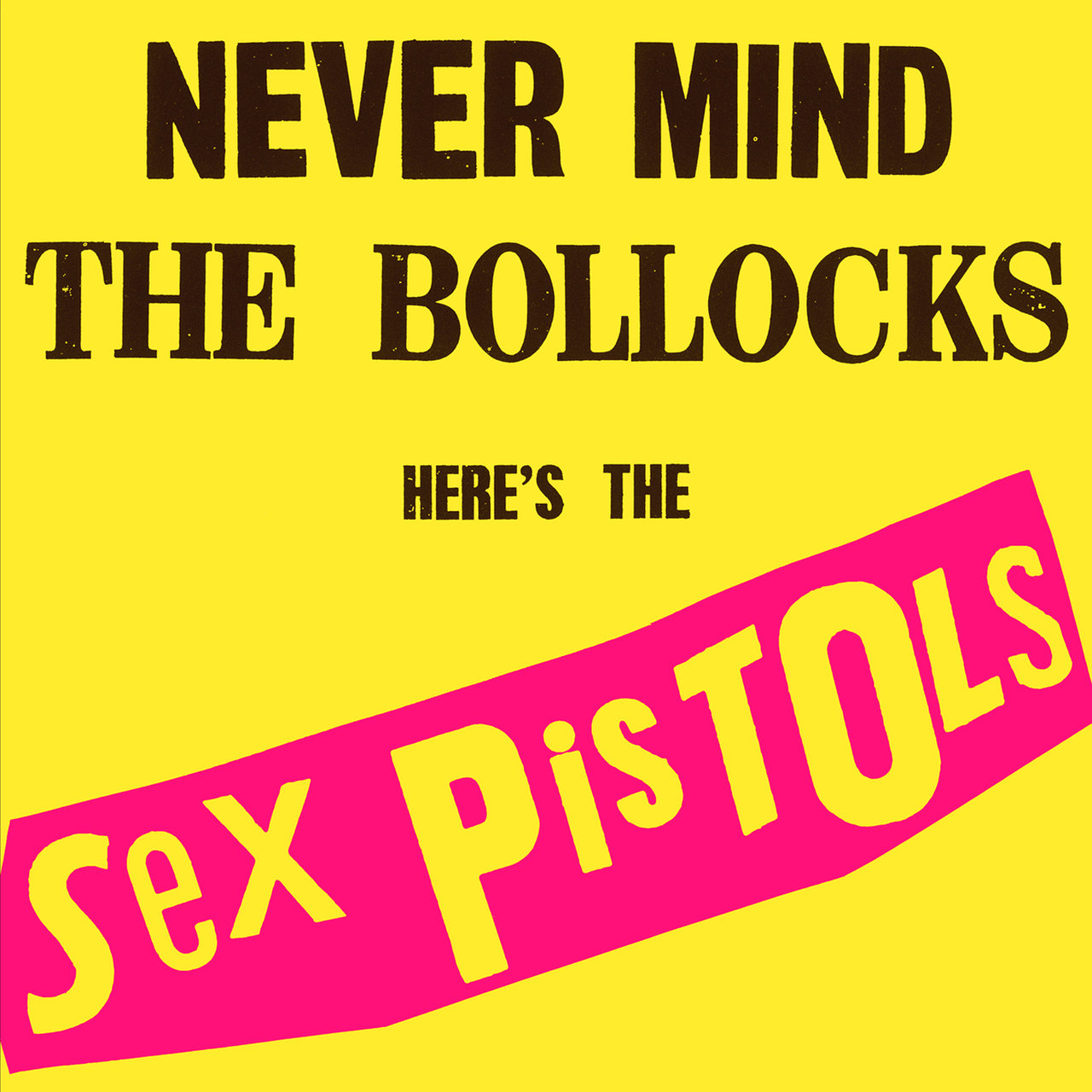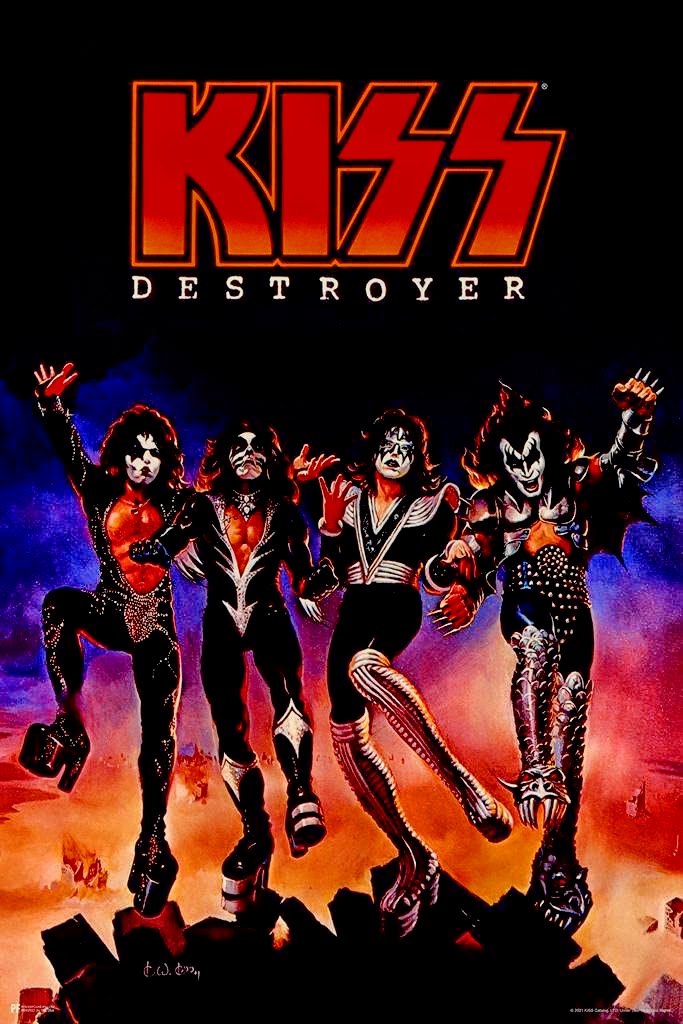1979 was a year full of change in music; just a year earlier, Van Halen made their mammoth preview with their self-titled album and Eddie Van Halen forever hurled the guitar into a cosmic chaos of tameless frets and gorgeously exaggerated tremolo blows; his venture was astonishingly poetic and placed the electric guitar into a splendid plethora of glistened acoustics that was alien to any human ear. Next on this list, enter The Cure’s Robert Smith, an unpolished genius lyricist that would command the attention of even pop culture saints who retained their rarified juggling acts of polyester, sugar-love lyrics, and glamorous lipstick confetti attire that is replete with teenage sickened disciples of change and flavored rebellion. Smith would dress this fashion of confetti with darkened rubies of Gothic verse, horror makeup, and alternative corridors of transcendence.
While everything seems to be in place, Robert Smith is not. No matter how burdensome the bass notes crescend, or how long the cracks in the guitar notes split the theme, or the wetted sound of liquid cymbals heave into the listeners ear canal, Robert Smith and his Cure are creating post punk sorcery. Magic and regulated originality is entertaining New Wave with remorse and idiosyncratic adultery. The Cure has moved in and has groomed the audience with looming charm. While the arrangement of the album is dull though menacing, it strikes the listener with quiet fascination and erotic rebellion, paying exquisite attention to lap dancing nuances that jolts the servitude of a virgin spectator of apocalyptic soteriology. Though Smith was light years away from making Gothic Rock dance on the international stage of esoteric genres, he was already basking in the experiments of ‘being cool’ while bluntly expressing dissatisfaction with happy performances and unventured attempts at perfecting orchestrated performances of plastic disco and synthesized episodes of platform mediocrity, replete in 1970’s club scenes.
In the song ‘Killing an Arab,’ the band’s first single (though originally not included on this album, it was released on the double album ‘Standing On A Beach/Staring at the Sea’:1986), Smith pokes fun at being controversial; it is his own twist, galvanized with a 60ish cult figure sound, with subtle punk steam engines in the cranky background, expressing or, perhaps, advocating Albert Camus existential attitude of exonerated boredom with humanity. In either case, The Cure makes centrifugal, the element of sagacity, to take the listener into another cluster of rebellion that is appropriate, albeit unconcerned with approval. In a seemingly misty arrangement of circumstance, the band responds to depression and nihilism as the forefathers of a Gothic carving of temple creeds and idyll tapestries of independence and clarity, even if the attire is blackened by rebellion and altruistic penance. The bond of originality is further forged by such songs as “10:15 Saturday Night” and “Another Weedy Burton” encapsulates the listener into the suggestion of entertaining loneliness and boredom; but there is an eclipse of desperation and vain, befuddled by the clashing of lusty guitar blankets and perfumed cymbal innuendos.
The final production is a volcanic mantle of erupting fragrances of postmortem cynicism that permeates the violet and uncontacted personae of the new converts to their inquiry of sedition to the norm. Each track is a phantasmagorical utopia of eloquence and macabre, peppered by chivalrous glamour of deceit, while simultaneously inculcating delusions of seriousness and exaggerated integrity. You can easily mis demonstrate the point if you’re not careful; demonstration and character have been carved from irregularity and amusing self-control. The Cure, with this breathless and reckless debut, have brought into murky evidence of a time-of-arrival: the time of the Gothic and Dark, the time of Robert Smith’s contribution to dissensus imagery and diatribal glamour.
THE CURE: THREE IMAGINARY BOYS
| Released | 8 May 1979 |
|---|---|
| Recorded | 1978–79 |
| Studio | Morgan, London |
| Genre | |
| Length | 35:31 |
| Label | Fiction |
| Producer | Chris Parry |
© 2024, Mark Grago. All rights reserved.




